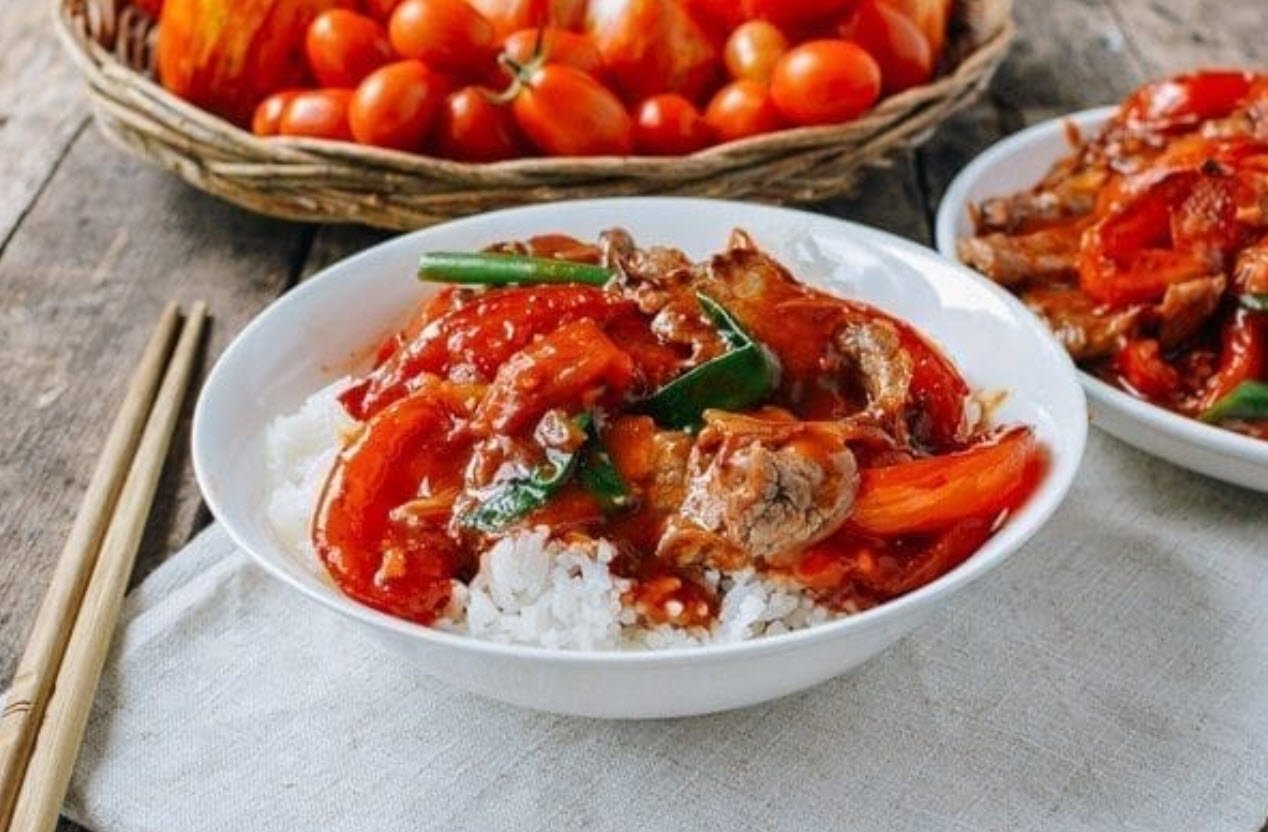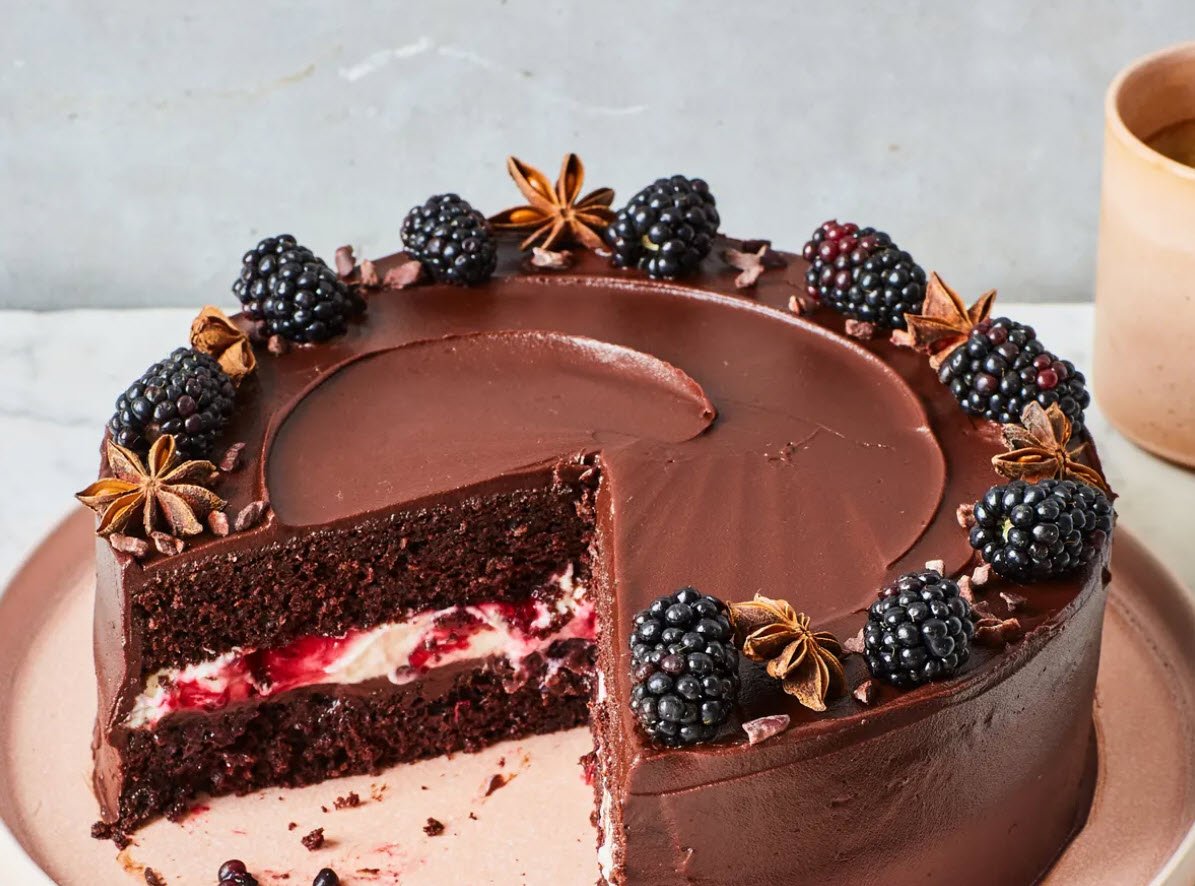
Mustard—especially well-prepared, authentic mustard—is pungent, spicy, and downright hot! Regular spoonfuls of mustard had your feeling a lot better in no time. Mustard seeds go beyond helping us with cold and flu symptoms. The small and humble mustard seed protects us against DNA damage and oxidative stress, thus offering us a powerful ally for preventing cancer and improving heart health.
| Botanical name: | Brassica alba, Brassica juncea |
| Family: | Brassicaceae |
| Parts used: | seeds |
| Energetics: | warming, drying |
| Taste: | pungent |
| Plant properties: | stimulating expectorant, rubefacient, analgesic |
| Plant uses: | congestion in sinuses and lungs, arthritic pain, fever, cancer prevention, muscle aches and pains |
| Plant preparations: | mustard condiment, plaster, bath, culinary |
Many different mustard species have been cultivated and harvested for thousands of years. There’s archaeological evidence that one related species was used as a spice more than 6,000 years ago in northern Europe.
Another species was most likely cultivated in China as far back as 5,000 B.C.E. Ancient Romans are credited with creating the first recipes that resembled the prepared mustard condiments we are most familiar with today, as well as with spreading the seeds throughout their empire.
At some point, mustard traveled to Gaul (present-day France), where making it was developed into an art. Dijon, a city in the Burgundy region, is famous for its preparation of mustard, created by Jean Naigeon in 1856.
Mustard grows practically everywhere, like a weed. That’s why, historically, it’s been both popular and readily available—unlike many spices that were reserved only for those with deep pockets, such as black pepper, nutmeg, and ginger.
Types of Mustard Seeds
The two types of mustard seeds that are readily available commercially are Brassica alba and Brassica juncea.
- Brassica alba produces seeds that are referred to as either white or yellow. They have a milder flavor, and most mustards in the United States are made from them.
- Brassica juncea produces seeds that are referred to as brown, and these have a sharper, more pronounced heat that especially affects the sinuses.
Medicinal Properties
While mustard is often brushed aside as a simple condiment to have with your hot dog or pastrami—certainly not a headline health food—it packs a secret punch.
Due to certain no sustainable agriculture methods, our food supply today contains a fraction of the nutrients it once did. Many of our favorite fruits and vegetables, such as tomatoes, apples, and lettuce, have been selectively cultivated for certain traits that are better for business than our health. But not the brassicas!
Brassicas, also known as cruciferous vegetables, are a genus within the Brassicaceae plant family. It includes broccoli, cabbage, and kale. The brassicas have not changed significantly from their predecessors and still contain an impressive amount of phytonutrients, which have been shown to have strong cancer-fighting potential: mustard included!
a) For Cancer
Mustard has been studied extensively for its various anticancer properties. Compounds found in mustard seeds, allyl isothiocyanates (AITCs), have shown promise for use in cancer prevention and treatment.
One clinical trial gave volunteers 20 grams of a mustard preparation. After only three days they showed a significant reduction in DNA damage and even had a decrease in total cholesterol. The researchers concluded that “even short-term intake of ITC-containing vegetables [like mustard] might indeed be associated with reduced cancer risk.”
b) For Heart Health
Mustard seeds and mustard seed oil support heart health, possibly because their high levels of omega-3 fatty acids reduce oxidative stress. A trial that included 360 patients tracked their progress for one year after a heart attack.
The groups that received fish oil or mustard oil showed significant improvements in their cardiovascular health as compared with the placebo group, including fewer cardiac events and a reduction in arrhythmias. The researchers concluded that both oils may provide rapid protective effects in patients at risk for heart attacks.
c) For Your Lungs
Using a mustard seed poultice directly over the lungs has been a long-lived tradition to help people with congested lungs and bronchitis. The spicy, stimulating properties of the mustard seeds increase and thin mucus secretions, making it easier for the body to expel them from the lungs. This action causes herbalists to call mustard a stimulating expectorant. It makes mustard a wonderful aid in breaking up congestion in the body.
Chinese researchers put this old folk remedy to the test. They performed a study on people with chronic bronchitis using a plaster made from various herbs including mustard seeds. Those receiving the treatment had significant improvement in their symptoms as compared with the control group.
d) For Pain
Historically mustard was used frequently to treat arthritis, especially arthritis that gets worse in cold weather. It is often used in the form of a plaster to reduce pain and speed the healing of injuries like an ankle sprain or muscle strain.
Mustard relieves pain by being a topical counterirritant or rubefacient; in other words, it works by irritating tissues, thus bringing circulation and heat to the affected area. One way to use mustard topically is to take a mustard bath.
It warms tired and sore muscles and relieves all-over body pain. This is a traditional remedy to support the fever process when someone is feeling chilled (though not when someone is feeling hot or restless).
How to use Mustard
The yellow or white seeds tend to have a subtler and milder flavor. We like to use the brown seeds for more of a hot and stimulating effect. Mustard oil can be found in specialty shops. This makes a nice cooking oil and a great way to get mustard into your diet.
Recommended Amounts
Enjoy mustard seeds as a regular part of your diet to get the most benefits. There are no firm therapeutic amounts for mustard seeds.
Special Considerations
Eating excessive amounts of mustard might cause stomach upset.
1. Homemade Mustard
Making your own mustard is really easy! As you get the hang of the basic steps, you can improvise with many different herbs for a variety of tastes.
For this recipe we chose to go with the smoky and spicy flavor of chipotle. While the steps are super simple, note that the mustard seeds need to be soaked for 2 days prior to release the flavor of the seeds.
The following recipe uses both yellow and brown mustard seeds, but if you prefer a milder taste, omit the brown and double the amount of the yellow.
Yield: 1¼ cups
- ¼ cup brown mustard seeds
- ¼ cup yellow mustard seeds
- ½ cup apple cider vinegar
- 1 teaspoon honey
- 1 teaspoon turmeric powder
- 2 teaspoons paprika powder
- 1 teaspoon chipotle powder
- 1 teaspoon salt
Directions
- Place the mustard seeds and apple cider vinegar in a glass bowl. Cover and let sit for 2 days.
- Place the seeds, including the liquid, into a food processor or blender. Add the rest of the ingredients and blend until the mustard is ground into a paste.
- This mustard will keep in the fridge for about six months
2. Squash Soup with Mustard Seeds
Out of our many delicious dishes, this soup was one of our favorites. Practically any winter squash will work, although acorn squash may be hard to peel.
Yield: 8 cups, 4 servings
- 2 pounds winter squash
- 2 tablespoons olive oil
- ½ teaspoon whole cumin seeds
- 1 teaspoon brown mustard seeds
- 1 medium onion, minced
- 1½ teaspoons salt
- 1 tablespoon minced fresh ginger
- 2 garlic cloves, minced
- 2 (13.5-oz.) cans coconut milk
- 2 tablespoons lemon juice
Directions
- Remove the peel, stem, and seeds of the winter squash, then roughly chop it into medium-size pieces.
- Pour the oil into a large saucepan on medium heat, then add the cumin and mustard seeds. When the seeds begin to sizzle, add the onion and salt and fry for 3 to 5 minutes, stirring occasionally. Add the ginger and garlic and fry for another couple of minutes, until aromatic.
- Add the squash and coconut milk and turn up the heat a bit until the mixture reaches a slight boil. Then reduce the heat to low and simmer for about 30 minutes, until the squash is soft.
- When done, pour the soup into a food processor. You may need to do it in two batches so the food processor doesn’t overflow with the hot liquid. Process on low for about 2 minutes, until the soup is smooth. Stir in the lemon juice.
- Serve warm.
3. Mustard and Ginger Bath Salts
Rebecca Altman, from Kings Road Apothecary, is a brilliant herbalist who creates synergistic herbal formulations like teas, tinctures, ointments, and many others. She graciously agreed to create this stimulating bath recipe featuring the spicy and invigorating qualities of mustard exclusively for this book.
Here’s what Rebecca says about this recipe: “Mustard powder stimulates circulation and warms the muscles. It’s a lovely addition to a bath in the winter, when the cold is seeping into your muscles, making you feel stiff and sore.
Yield: 3 cups salts
- 1 cup Dead Sea salt
- ¾ cup Epsom salts
- ¼ cup baking soda
- ¾ cup mustard powder
- ¼ cup ginger powder
- 10 drops eucalyptus essential oil
- 10 drops peppermint essential oil
- 10 drops cedar essential oil
- 10 drops lavender essential oil
- 10 drops rosemary essential oil
Directions
- Mix the salts and baking soda together in a big bowl.
- Run the mustard and ginger powders through a sieve to separate out any lumps, then add them to the salts. Mix thoroughly.
- Add the essential oils to the salt blend and stir in well. Store in an airtight container.
- To use: Add one to three cups to a hot bath.








